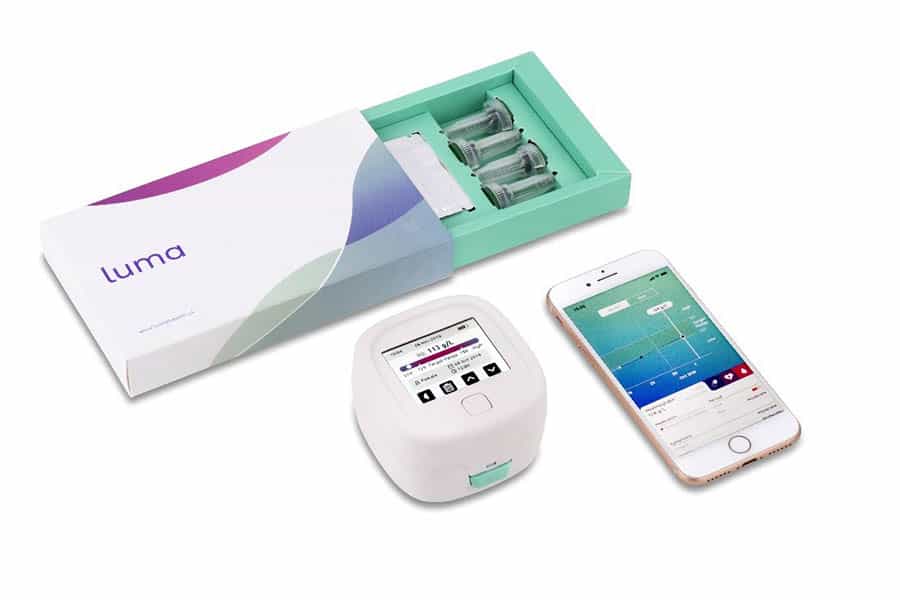NHS partnership deploys essential home monitoring solutions to patients who are shielding

Entia, a medical technology company, has partnered with Hull University Teaching Hospitals NHS Trust to deploy home monitoring solutions to patients who are currently shielding.
Since necessary lockdown measures were introduced in England at the beginning of March, people living with health conditions, such as chronic kidney disease, have had to minimise routine but necessary testing, due to their vulnerability to COVID-19.
This means healthcare professionals have had less available information to monitor their patients, which is important for making optimal treatment decisions and avoiding harm to patients. If conditions are not monitored as closely in the long-term, there is also an increased risk of poorer health outcomes.
To combat this problem, Hull University Teaching Hospitals NHS Trust has partnered with Entia, a medical technology company, to deliver 50 home monitoring solutions to vulnerable patients within the area.
These devices allow patients with chronic kidney disease living with anaemia to test their haemoglobin levels from their home. The results are then reported to their healthcare team monthly.
This method of testing will allow those at risk during the coronavirus pandemic to continue having their condition monitored, allowing treatments to be adjusted and any potential deterioration in health to be detected quickly, all while patients remain safer at home.
The patients are receiving a Luma device from Entia, along with regular testing kits, which is enough for them to test their haemoglobin levels twice a week. Using this information, the healthcare professional can track the progression of their condition and take this into account when prescribing or adjusting medication.
This ensures that patients only go into hospital when the benefits outweigh the risks.
Discussing the collaboration, Professor Bhandari from Hull University Teaching Hospitals NHS Trust said: ‘“We have been working in collaboration with Entia on Luma to allow many of our highly vulnerable renal anaemia patients to remain safely at home whilst still optimising their haemoglobin levels.
“This improves their quality of life, empowers them with their own healthcare and potentially reduces the burden on hospitals. This is the future.”
Entia and Hull University Teaching Hospitals NHS Trust, with support from government funding, provided through UK Research and Innovation’s Industrial Strategy Challenge Fund, were already working together on the development of one of their upcoming home monitoring solutions.
Andy Jones, Medical Manufacturing Challenge Director at Innovate UK/UKRI, commented: “This project is a perfect, real-life example of the unique health infrastructure the UK is building, by funding science innovation, working with the NHS, academia and small business and creating a whole new medicines, medical technology and vaccines industry that can tackle today’s health challenges and those of the future.”
COVID-19 resulted in an accelerated deployment of the home monitoring solution, which was fully supported by Innovate UK.
Entia intends to also use this deployment to gather insight and further develop its home monitoring solutions. Now, thanks to further funding from Innovate UK’s COVID-19 Response Fund, additional NHS partnerships have been made possible.

